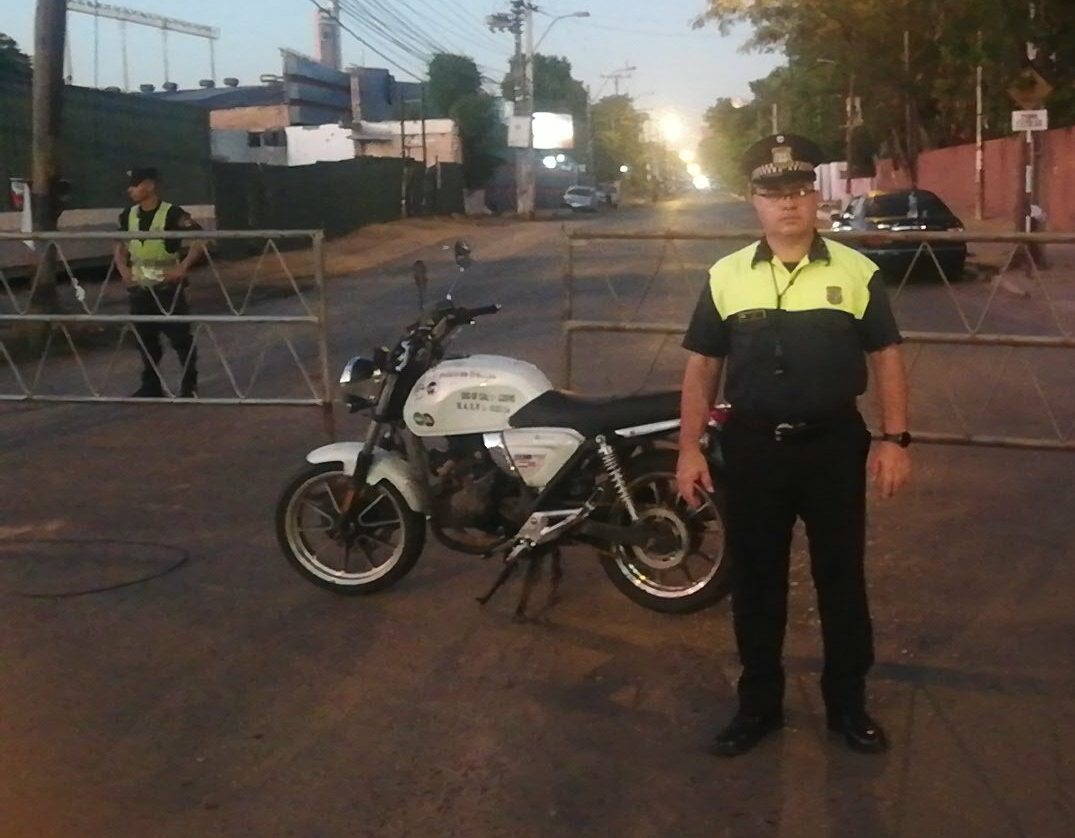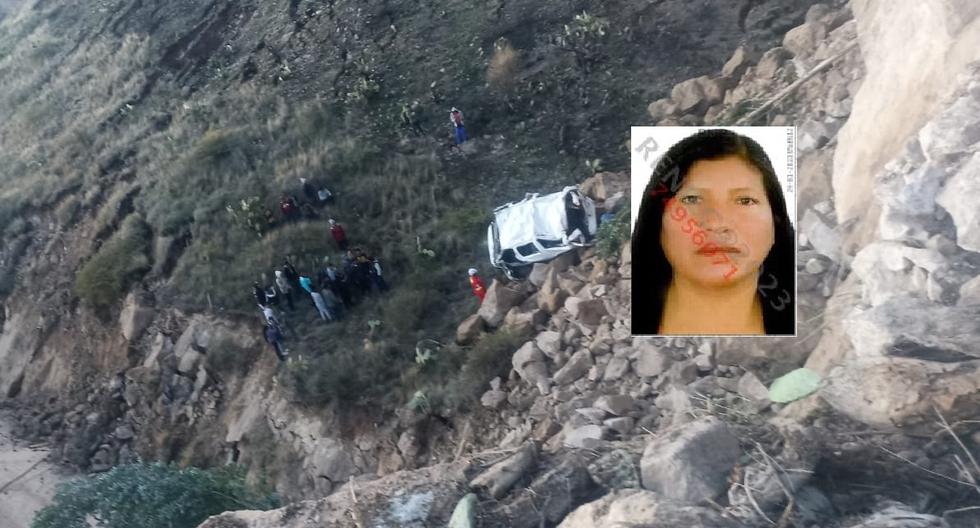In this regard, the Ministry of Health indicated that it is important to remember that timely consultation can prevent complications and the risk of maternal and neonatal mortality.
Read: They have mandatory notification of influenza in health personnel
Pay attention to these warning signs during your pregnancy:
*Headache, headache – che akãrasy.
*Epigastralgia, pain in the stomach area – che py’arasy.
* Pain in the lower abdomen – che ry’erasy.
*Contractions, hardening of the uterus – che hembepyhatâ.
* Dysuria, painful urination – che tyasy.
*Fever – che akãnundu.
*Blurred vision – ndahechai porã, ahechavaipa.
*Blood loss from the vagina – che rugypa.
*Leakage of amniotic fluid from the vagina.
*Loss of amniotic fluid from the vagina with a bad odor.
*Dyspnea, shortness of breath – che juku´a.
*Dizziness – che akanga´u.
*Seizures.
* Skin rash, eruptions.
*Fetal hypomotility, decreased fetal movements – nañandui che memby, ndoku´ei che memby.
Read More: They seek that public hospitals and the IPS have an oncological medicine
Generally, from fifth month (20 weeks) you can feel the baby move. It is also normal for it to do so before or after 20 weeks.
In this sense, the health portfolio recommends that, before any of the warning signs, it is essential to seek help immediately at a health facility.
For more information on accompaniment and care during pregnancy, childbirth and the puerperium, you can access the application “My prenatal control notebook” for free, through the following download link (available for Android devices).
fits mention that this APP does not replace pregnancy health controls, childbirth and puerperium.
Remains It is essential that every woman and her partner or the accompanying person of your choice go to health establishments from the first trimester of pregnancy, and as indicated by the treating professional.















